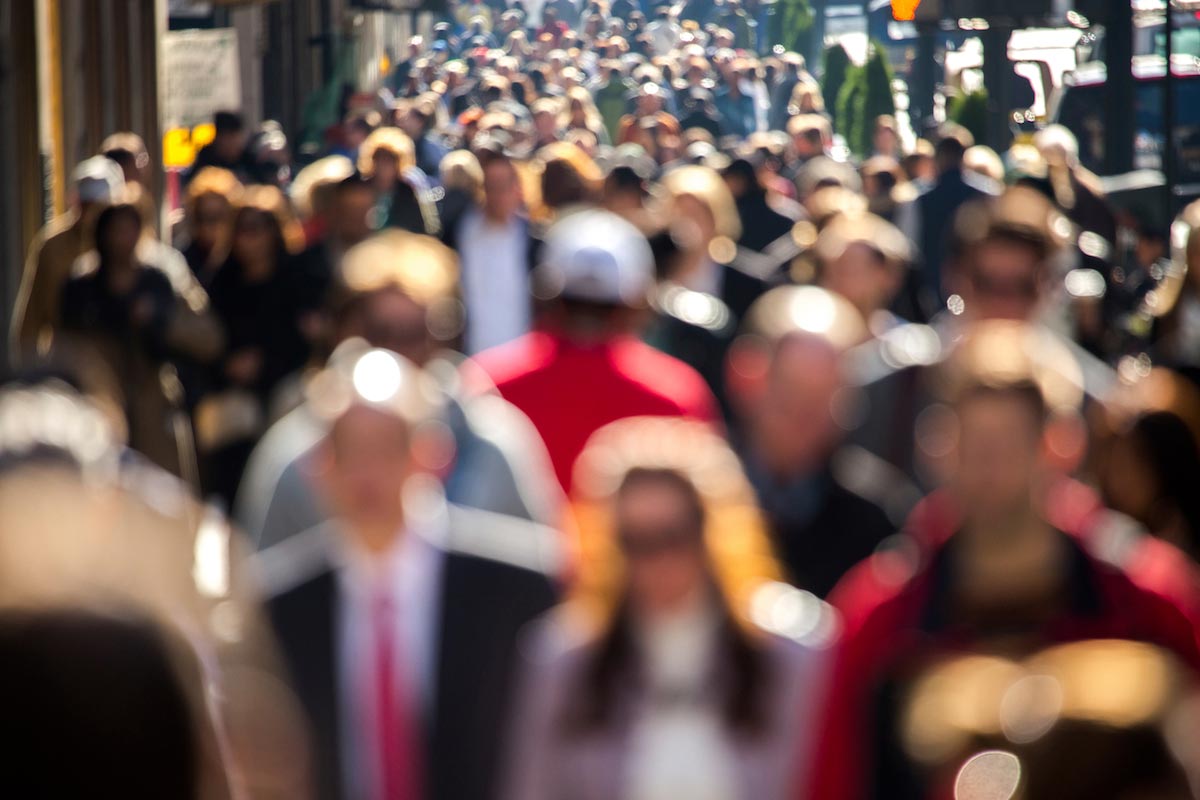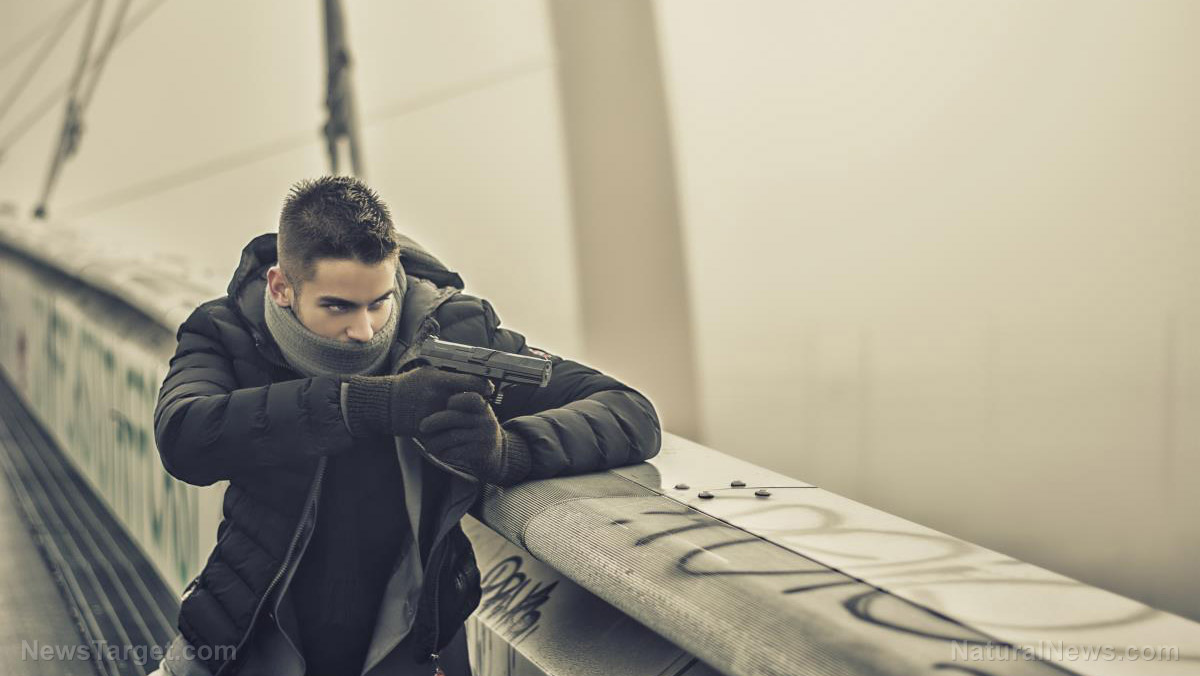
If you're a prepper, you need to learn various skills and be street smart to help improve your chances of surviving when SHTF. (h/t to TheOrganicPrepper.com)
Here are 10 things you can do to improve your street-smarts before disaster strikes.
Don't draw attention to yourself
The best way to avoid unwanted attention is not to draw attention to yourself when you're in public.
This can be as simple as dressing modestly when you're going out to run some errands. Don't tempt thieves by wearing jewelry or branded clothing and bags.
Keep your phone in your bag or pocket and watch where you're going. Keep an eye on your bag to make sure pickpockets aren't targeting your valuables.
Don't talk unless necessary and always listen
The more you talk, the more clues you give away, especially when you're in a conversation with strangers.
Talk as little as necessary, but listen carefully. This is generally a life rule, but it's also important if you're among strangers in the streets.
Mirror the gestures, manners and words of people you interact with to create empathy. This ability takes time and practice, but if you can do it naturally, it can be very effective when dealing with strangers in most situations.
Relax
Even when things are quiet, you need to learn how to keep your emotions under control. This can also help you make rational decisions when SHTF and you are about to be overtaken by adrenaline.
If you're feeling nervous, be prepared and pay attention to your breathing, feelings, reactions and tone of voice. Stay cool and impassive, and remember that nothing that happens in the streets is personal.
Street-smarts are not about ego, but surviving and staying safe when SHTF.
Pay attention to your surroundings
When trying to improve your street-smarts, paying attention to your surroundings is important because it helps hone your situational awareness before something bad happens.
When you're traveling, different areas of your destination will present different types and levels of challenges. Is an area too dark? Is anyone acting strange?
Is the area secure? Are too many people gathered in one place and acting weirdly?
If you have kids, do fire drills with them and teach them how to cross the street properly. Take them on a tour of your neighborhood so they can get home safely if they get lost.
Study common scams and crimes
If you're worried about something bad happening to you, learn about common scams and crimes so you can avoid them.
Watch videos of criminals acting in crowded areas like airports, restaurants or train stations. Do they target certain people? Do they frequent specific areas?
Pay attention to distraction and misdirection
Distraction and misdirection are at the core of most criminal activities.
Don't use your phone while walking to your destination. Stay watchful so you don't get distracted or misled by others in any circumstance.
You should also be ready to deploy distraction and misdirection against potential threats and attackers to gain time or an advantage.
People will try to distract you by asking for directions or other information, bumping into you or your vehicle, shouting or making noises, blocking your view or telling you that you dropped something.
You can help others if you want, but take precautions so you don't put yourself or your belongings at risk while doing it. Keep a safe distance when talking to a lost stranger and make it as difficult as possible for others to reach you or your bag.
Criminals usually act in pairs or gangs. You may be seeing or talking to only one person, but their partner will always be nearby.
Practice interaction
If you're shy, actively engage with different people to see how they react and to improve your social skills. After interacting with different people in the streets, you will eventually learn how to judge others quicker and more accurately. (Related: SHTF essentials: Don’t forget to learn these 6 commonly overlooked survival skills.)
Rehearse mentally
If you're nervous about an upcoming interaction with someone else, rehearse how you think the conversation is going to go.
Playing and war-gaming some scenarios and possibilities can help you stay calm when things get tense.
Know how to adjust your awareness level
You don't need to be on high alert all the time, especially since different places and situations require different levels of awareness.
You can relax at home or when you're visiting a close friend, but you need to be aware of your surrounding even if you're in traditionally safe and affluent areas or neighborhoods. Thieves exist in both poor areas and fancy neighborhoods, so don't let your guard down.
Learn a martial art for self-defense
Martial arts like jiu-jitsu can help improve your sixth sense and reflexes, especially when dealing with dangerous situations like an attack or a burglary. Once you learn your chosen martial art, only use your skills when the situation calls for it.
Always be alert and focused to improve your street-smarts. Stay calm while trying to resolve dangerous situations to avoid any accidents.
Watch the video below to know more about firearms and defensive tactics.
This video is from the Counter Culture Mom channel on Brighteon.com.
More related stories:
How do you become a better prepper? Try a few of these hobbies.
Self-defense 101: Ways to protect yourself when facing a dangerous situation.
Practice makes perfect: Soft skills for the well-rounded prepper.
Sources include:
Please contact us for more information.
















